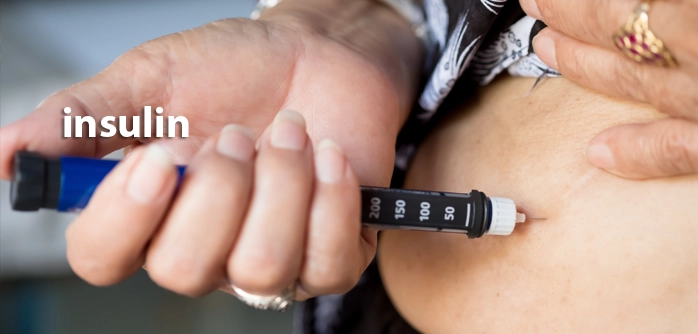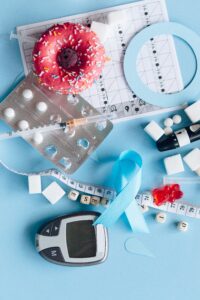Diabetes is a condition where the body doesn’t produce enough insulin or the insulin that is produced doesn’t work properly. Insulin is a hormone that helps us to use energy from food, and it controls how much sugar (glucose) our bodies can use. Insulin is a miracle drug.
The discovery of insulin
The discovery of insulin is a miracle and a crucial part of the history of diabetes and is one that has been told and retold over the years. In fact, it’s so important to people with diabetes that there are many statues dedicated to it in various cities around the world.
The story begins with Dr. Frederick Banting, a medical student in Toronto, Canada who was working on his doctorate thesis on diabetes at the University of Toronto. Banting and his lab partner, Dr. Charles Best were looking for a way to isolate pancreatic secretions from dogs that could be used as an antidote for diabetics suffering from severe hypoglycemia (low blood sugar). They experimented with different techniques until they finally achieved their goal but realized they had no way of knowing whether these dog pancreatic extracts would work as an antidote or if they would even have any effect on humans at all!
Banting decided he needed help with this project so he partnered up with Ernest Starling—a physiologist who was also interested in why some dogs develop Type I diabetes while others do not—and went back into his laboratory where he injected himself with one million units (1 million units) of extract taken from several dogs’ pancreas glands through his thigh muscle tissue in order to test its effectiveness against human beings!
Who was Dr. Banting?
Dr. Frederick Banting was a Canadian doctor and scientist who shared the Nobel Prize for Physiology or Medicine in 1923 for his work on insulin with Dr. Charles Best and Dr. Collip.
Born in Alliston, Ontario on November 14th, 1891, he was a medical student at the University of Toronto when he conducted his early research into diabetes treatment with dogs. With financial support from JDR Fords foundation, they were able to continue their experiments which would lead them to discover how to extract insulin from dog pancreas (this was later made safe for humans). This discovery saved countless lives worldwide over the next several decades
A bit more about insulin
Insulin is a hormone made by the pancreas, an organ that lies behind the stomach. Insulin helps to control blood sugar levels in your body by allowing your cells to use glucose for energy. When your body needs energy, it uses food you’ve eaten for fuel. Glucose is one type of sugar found in the foods we eat and it can’t be stored by itself—your body converts it into glycogen which can be stored in the liver or muscles.
When there isn’t enough insulin available, glucose accumulates in the bloodstream instead of being used as fuel (this causes high blood sugar levels). Too much-unused glucose leads to damage of tissues; this includes nerves that control our organs and muscles used for movement! That’s why insulin is a miracle drug.
Insulin and how insulin works in our body
Insulin is a hormone produced by the pancreas. It helps to control blood sugar levels, regulate the metabolism of carbohydrates, fats and proteins, and promote growth in children.
Insulin is a hormone that helps to control blood sugar levels. The pancreas produces and secretes insulin, which then travels through the bloodstream. When we eat carbohydrates, they are broken down into glucose, which enters our bloodstream and raises our blood sugar levels. Insulin then takes the glucose from our blood and moves it into cells throughout the body where it can be used for energy or stored as fat.
If we don’t have enough insulin, our blood sugar levels will rise above a normal range (usually above 126 mg/dL). This can lead to complications like heart disease and stroke—it’s something we want to avoid!
What will happen to our bodies if we don’t have enough insulin?
Imagine a system where there is no insulin. Without the hormone, your body cannot use glucose for energy. The result? An excess of glucose builds up in your bloodstream (hence, diabetes).
At first glance, this seems like it would be bad news for anyone with diabetes—but thankfully, there’s an answer!
What are the signs and symptoms of low insulin levels?
If you have low insulin levels, you may experience the following symptoms:
- Frequent urination
- Thirst
- Increased hunger and appetite
- Fatigue and weakness (lethargy)
- Blurred vision or double vision
- Weight loss despite eating more than usual. This is because the body does not store excess fat as easily when insulin levels are low. The result can be an inability to gain weight even when eating large amounts of food. In severe cases, this can lead to malnutrition and eventually death if left untreated
What are the steps to be taken if you experience any of the above symptoms?
If you experience any of the symptoms above or suspect that you may have diabetes, check your blood sugar level. If your readings are consistently above or below normal ranges, consult with a doctor about whether to take medication and how much to take.
What is Type 1 diabetes?
The pancreas, an organ that lies near the stomach and secretes digestive enzymes into the intestines, also produces insulin. Insulin is a hormone that helps the body convert sugar (glucose) into energy. In people with Type 1 diabetes, their immune system attacks and destroys these beta cells in the pancreas that produce insulin. Their bodies are no longer able to make enough insulin to support life. People with type 1 diabetes need daily injections of insulin to stay alive!
Type 1 Diabetes usually occurs in children and young adults who have been exposed to viruses or other infections as infants or toddlers. If a child has type 1 diabetes, it means his pancreas has stopped producing enough insulin—a life-saving hormone that allows blood glucose (sugar) levels to stay normal—because something went wrong with his immune system; without it, he would die within days if not treated immediately with injections of synthetic human-derived insulin
Is type 2 diabetes hereditary?
Is type 2 diabetes hereditary?
Yes, type 2 diabetes is hereditary. This means that it runs in families and is caused by genetics. If one of your parents has type 2 diabetes, you have a higher risk of getting it too.
There are many more facts about insulin that you can experience by reading books on the topic and meeting people who have been affected by this amazing discovery. So, when you feel low in energy or experiencing any other symptoms of hypoglycemia then it is time to go to your doctor and take a blood test. If the results show that your blood sugar levels are below normal range then don’t forget to ask for advice on how to treat it properly!


